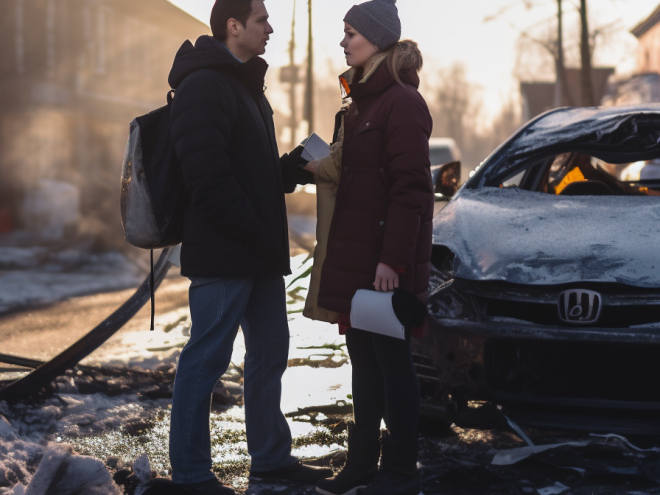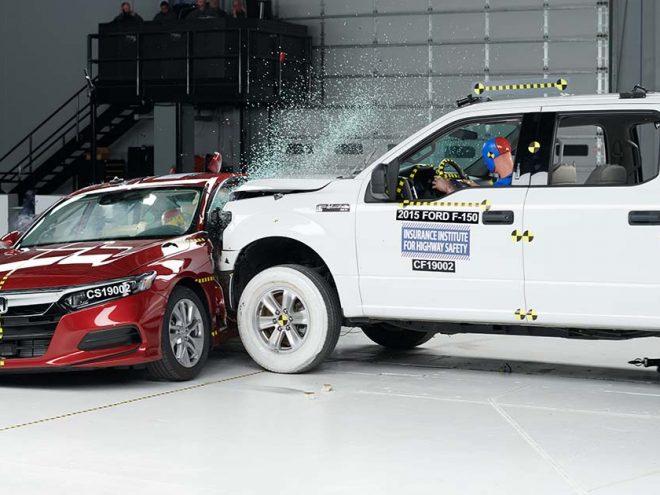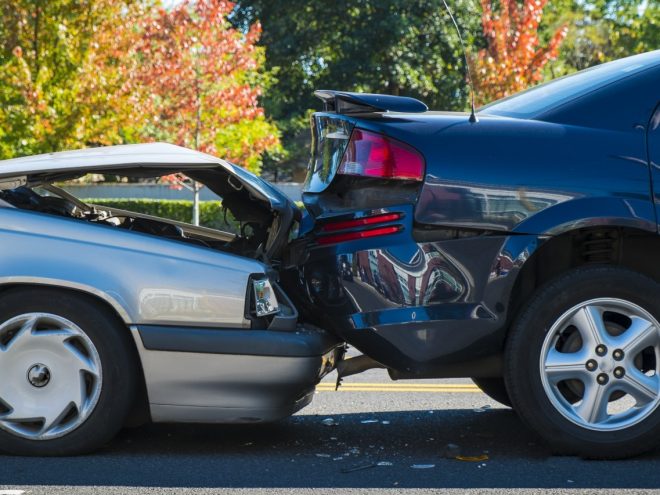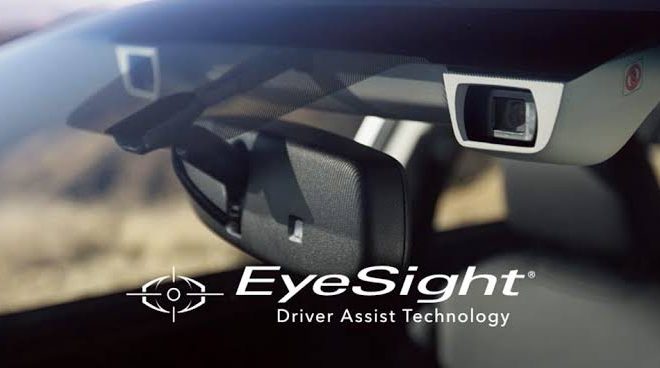
Do You Have PTSD After a Car Accident?
Serious car accidents can be an overwhelming and life changing experience, especially when you or a loved one suffered a physical injury. These types of injuries can be diagnosed, treated, and healed by going to the hospital, however, underlying mental health conditions such as Post-Traumatic Stress Disorder (PTSD), are more difficult to recognize and often develop after traumatizing events such as a car accident. In this article, we clearly define PTSD, describe common symptoms of the mental disorder, and give you tips on the recovery process.
What is PTSD?
Post-Traumatic Stress Disorder, also known as PTSD, can develop after an individual experiences a terrifying, shocking, or traumatizing event. The sympathetic nervous system, commonly known as the “fight or flight” response, tends to be overactive in victims with PTSD. In other words, common daily stressors such as the morning commute to work can easily trigger the “fight or flight” . Overactivation of the sympathetic system can lead to serious health issues such as heart disease and high blood pressure.
Symptoms of PTSD
You may develop symptoms of PTSD within one month to years after the traumatizing event. According to the Mayo Clinic, if you experience the following symptoms after a car accident, you may have PTSD and should talk with a psychiatrist or psychologist.
Negative Thoughts and Mood
You may begin to have negative thoughts about yourself or your loved ones which can have a negative impact on your relationships. You may feel that the future is doomed, therefore you are uninterested in hobbies or activities you used to love. You might begin to feel emotionally numb and you may struggle to feel happy again
Emotional and Physiological Reactivity
After the car accident, you may be easily frightened and feel that having your guard up at all times is necessary. For example, you might get startled by the sound of a loud car because it reminds you of your car accident. You might engage in self-destructive behaviors such as substance abuse or overly aggressive behavior towards other people. Additionally, you may feel extreme shame or guilt from the car accident. You may have trouble sleeping and concentrating.
Intrusive Memories
The traumatizing event can come to mind frequently which can cause distress. It is almost like you are reliving that car accident again. You may experience uncomfortable dreams or nightmares of the car accident. Whenever you have these intrusive memories, you may want to avoid everything that reminds you of that traumatic event. If you were in a car accident, you might avoid driving cars or maybe even avoid the passengers that were with you during the accident.
How to Recover from PTSD
Emotional Recovery
The most important part of recovery is patience and self-compassion. It is a recovery process, not a quick fix. If you are struggling with PTSD after a car accident, seek professional help. Therapy can help you deconstruct the traumatizing event so you can move forward with your life. You can also try relaxation methods such as meditation, yoga, or taking a walk on a nature trail. If you want to take the healing process more seriously, you could also consider looking into South Florida’s premium PTSD rehab center (or look elsewhere more relevant for you) in order to work with experienced staff who can help you overcome your PTSD. Combining this with quality time amongst family and friends can make the process effective whilst also not too intense.
Financial Recovery
In most states, you may be entitled to economic and non-economic damages for your mental health related injuries. Economic damages refers to compensation that can be calculated such as medical bills and car repairment bills. Non-economic damages refers to compensation that is not easily calculated such as PTSD development after a car accident. If you are interested in learning more about financial recovery after a car accident, we recommend that you work with a lawyer on your car accident case.









